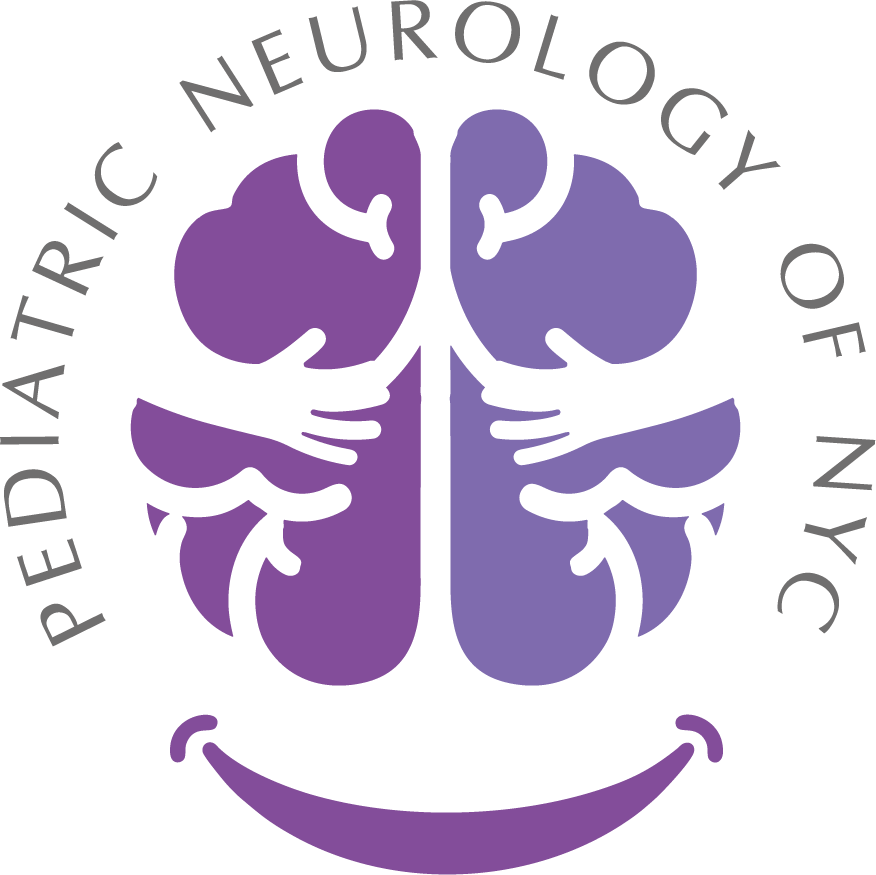Conditions We Treat
Home » Conditions Treated
Diagnosis
At Pediatric Neurology of NYC, we understand the complexities of neurological disorders in children. Dr. Jamie Lee Palaganas and her team are committed to providing your child with the highest standard of care. If you’re looking for expert neurological care for your child, or if you’re a physician looking for specialized collaboration, contact us. Together, we can pave the way for a healthier, happier future for your child.

Developmental Delay and Learning Difficulties
The first several years of life are filled with constant development of new skills that for some children can occur more slowly or atypically. These may include motor function, speech, social abilities or higher level cognition and learning as children get older. Understanding the root cause for these delays is important to inform the best plan of care to help a child reach their full potential.

ADHD (Attention-Deficit/Hyperactivity Disorder)
Kids with ADHD often find it tough to stay focused, sit still, or control their impulses. This can make schoolwork and friendships challenging. It’s not just being a bit restless or chatty—it’s a real struggle that impacts all areas and overall quality of life.

Concussions
After a physical trauma that involves hitting their head or a whiplash type movement of the neck, some children may experience a wide variety of symptoms such as headache, confusion, dizziness, insomnia, emotional liability, etc.

Tics and Movement Disorders
Sudden, repetitive movements or sounds are a common occurrence in children, such as eye blinking, head nodding, sniffing or throat clearing. Sometimes these movements or sounds are accompanied by a sensation and urge to complete them and other times they may occur without the child’s awareness.

Seizures and Epilepsy
Seizures are paroxysmal episodes of abnormal movements, behaviors or changes in mental status. Epilepsy is simply the diagnosis given to someone who has a tendency for recurrent seizures. Not all seizures present with shaking and a careful history and exam are crucial for a proper workup and diagnosis.

Headache & Migraine
Headaches are more common among children than many adult realize. The specific type of headaches, like migraines or tension type headaches in children can manifest in a variety of ways that are often very concerning for the child and family. Understanding all the factors that lead to headaches is important to create a comprehensive treatment plan including a focus on lifestyle, musculoskeletal, psycho-social factors and appropriate medications.

Neuroimmunologic Conditions
The immune system is extremely important for keeping our bodies healthy but sometimes the immune system can become overactive and attack our own bodies. For some individuals this overactivity can be in the nervous system and can lead to a wide variety of symptoms. This includes diagnoses like multiple sclerosis, autoimmune encephalitis, ADEM, GBS and many others.

Autism
Autism spectrum disorders are neurodevelopmental disorders of social skills, including but not limited to verbal communication, understanding interactions with individuals of different ages and abilities, and managing behavior.

Movement Disorders
Sudden, repetitive movements or sounds are a common occurrence in children, such as eye blinking, head nodding, sniffing or throat clearing. Sometimes these movements or sounds are accompanied by a sensation and urge to complete them and other times they may occur without the child’s awareness.

Functional Neurological Disorders (FND)
Sudden, repetitive movements or sounds are a common occurrence in children, such as eye blinking, head nodding, sniffing or throat clearing. Sometimes these movements or sounds are accompanied by a sensation and urge to complete them and other times they may occur without the child’s awareness.

Pediatric Cerebrovascular Disorders
When there are abnormalities in the blood vessels of the brain or the blood vessels that provide blood to brain, injuries like strokes can occur. While most common in older adults, cerebrovascular accidents, or strokes, do also happen in children often for reasons different than why they occur in adults.
